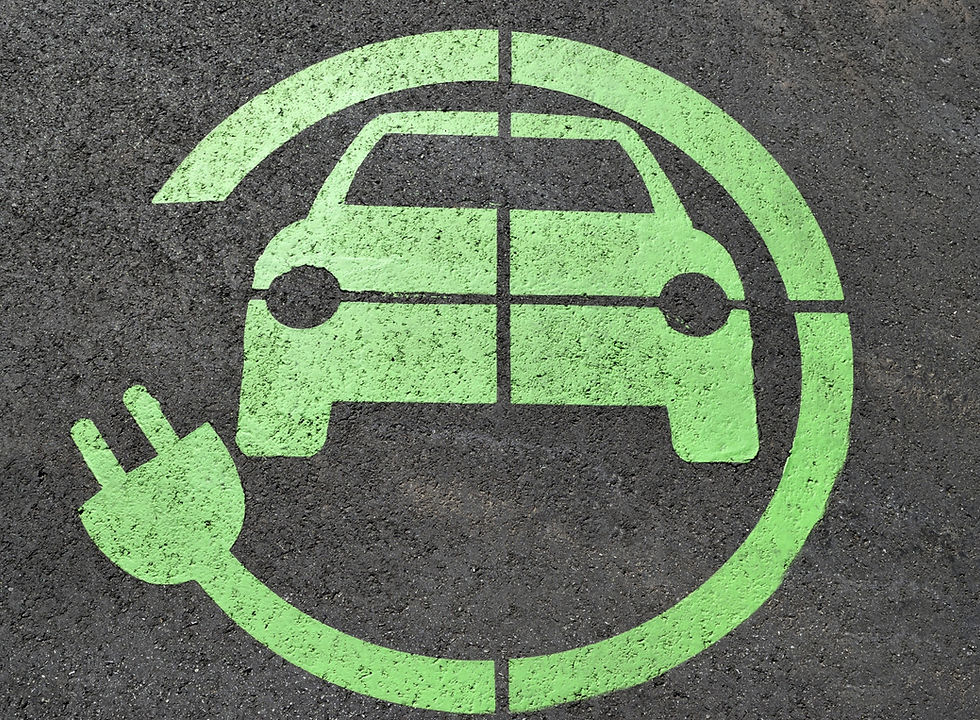Redefining Patriotism
- Molly Dugdale

- Nov 5, 2021
- 4 min read
True patriotism means getting back out onto the streets and fighting against the unjust violence the US police force perpetrates. We must acknowledge and repair the damage caused to indigenous people: almost all US land was stolen from Indigenous communities who are now underrepresented in national politics. Creating a “more perfect nation” means acknowledging and actively seeking solutions for the harm that was caused in the formation of America.

Patriotism is on the decline. An annual Gallup poll reports that the percentage of Americans who say they are “extremely proud” to be American has decreased steadily, down from 57 percent in 2013 to 42 percent in 2020. Republicans are much more likely to feel pride in their country than Democrats, though even the percentage of patriotic Republicans has dropped in the last few years.
In the United States, many on the left have abandoned any sense of patriotism, disheartened by the far-right nationalism that plagues the US. To many on the left, patriotism is seen as a willful ignorance of the issues facing the US, and there are many—a history of Native American genocide, the legacy of slavery, police brutality and mass incareration, to name only a few. This is not to mention the harm US leaders have inflicted abroad. Fixing these problems is not a small feat when the legal and political systems in the US are systemically racist.
Alt-right patriotism in the US is not really patriotism, but rather nationalism—advocacy for the interests of one’s own nation, especially as it relates to the exclusion of other nations. Nation, a term often used interchangeably with “state” or “country”, definitionally means a group of people with common ancestry. In the US, nationalism on the right seeks to establish a nation-state: a state that is ancestrally homogenous. The desire for a nation state becomes problematic when you realize the US is not a nation - it is made up of many different ethnicities and cultural backgrounds. More simply put, nationalism in the US is a racist movement that calls itself - but is not - patriotism.
True patriotism is a love for one’s country. In the US, I would argue that true patriotism is a sort of tough love—a recognition of the issues that plague one’s country and the passionate, relentless pursuit of a solution. Though America has done an abysmal job of following through on its founding principles, the principles themselves—a strong sense of equality and justice, the idea that “all men are created equal,” the celebration of social mobility, constitutionally binding freedom of expression—are exceptional..
Sadly, as entrenched as they are in American society, these ideals have not been realized. In its present state, blind support for the US is willful ignorance. But by deeply restructuring our systems and working toward true social mobility, we can build a country we can be proud of. True patriotism requires great optimism - to make change, we must first believe it is possible. And we must work incessantly to achieve our ideals. Today, this starts with reinvigorating the political conscience of the US and changing the racist systems the US was built upon.
The resurgence of the Black Lives Matter movement in 2020 coincided with annual Fourth of July celebrations, and many chose not to celebrate, feeling it would be ignorant of the state of the nation. Since 2020, tangible support for the Black Lives Matter movement has dwindled—before significant systemic change could be made. True patriotism means getting back out onto the streets and fighting against the unjust violence the US police force perpetrates. We must acknowledge and repair the damage caused to indigenous people: almost all US land was stolen from Indigenous communities who are now underrepresented in national politics. Creating a “more perfect nation” means acknowledging and actively seeking solutions for the harm that was caused in the formation of America.
In the 1980’s, Gregory Lee Johnson exercised his first amendment rights and burned a flag outside the RNC in protest of the Reagan administration. His rights were protected by the Supreme Court in a decision further solidifying the right to free expression. That damaging a flag is a constitutional right demonstrates the power of free expression as written in the Constitution; expression is expression, even when it is in protest of the US. Sometimes, burning the flag (symbolically or otherwise) is necessary for American democracy, a right we should cherish and utilize to its fullest extent. Protesting the issues in our government and systems will make them stronger and fairer, and in turn create a country whose flag we won’t want to burn.
One thing that always strikes me as exceptional about America is it’s optimism. Even America’s founding, the Revolutionary War, was incredibly optimistic considering the revolutionary force was small, scrappy, and opposing an infinitely more powerful army. As a country, we must apply this optimism today and work to live up to the standards we set centuries ago.
Molly Dugdale is a freshman at American University studying in the School of Public Affairs. She is a staff writer at American Agora.







Comentários